
Phone Security in 2019: Avoiding The Obvious And Not-So-Obvious Privacy Pitfalls of Phones and Apps
Every day, 3 million people have their private information compromised. This year alone, the world has experiences 5 major data breaches, from Target to Citibank. Keeping the information on your personal devices private is a constant effort. To help you in these efforts, here are some tips and advice:
Regarding privacy on smart phones and tablets/iPads, take a few precautions:
- Choose whether your photos are uploaded automatically to cloud storage or the iCloud. This can be done in your Settings on your phone. If you take personal photos that you wouldn't want your kids see or hackers to be able to access, make sure they don't get uploaded to the cloud: that is just one step closer to being public or accidentally viewed.
- Utilize Private Folders. There are options to create photo folders that are private and separate from your photo stream and camera roll. If they are racy enough that you wouldn't want the person standing behind you in the Starbucks line, or your worker, to see, then create a private folder in your albums.
- Password Protected Notes. Did you know this was an option? It is. If your store passwords, security codes, or even salacious secrets on your phone, you should be password protecting these with such a simple step.
- Don't use keychain, especially for vulnerable places like online banking and money sending service (PayPal, Venmo, etc). Storing those on a computer that you only use while at home, on your own Wi-Fi with a strong password, is the only acceptable way to store passwords and login info.

- Use mobile browser plug-ins to stop advertisers from tracking your web browsing and web activity. This is done through the toolbar, by choosing "incognito" or "private" modes.
- Update your software. This is an obvious one. It helps safeguard your phone against hacking.
- Don't open texts from unknown numbers when the message preview looks spammy (just delete it without opening it) and beware of clicking links (they can direct you to sites that make your phone vulnerable to hackers, and can be a direct hack simply when you click the link).
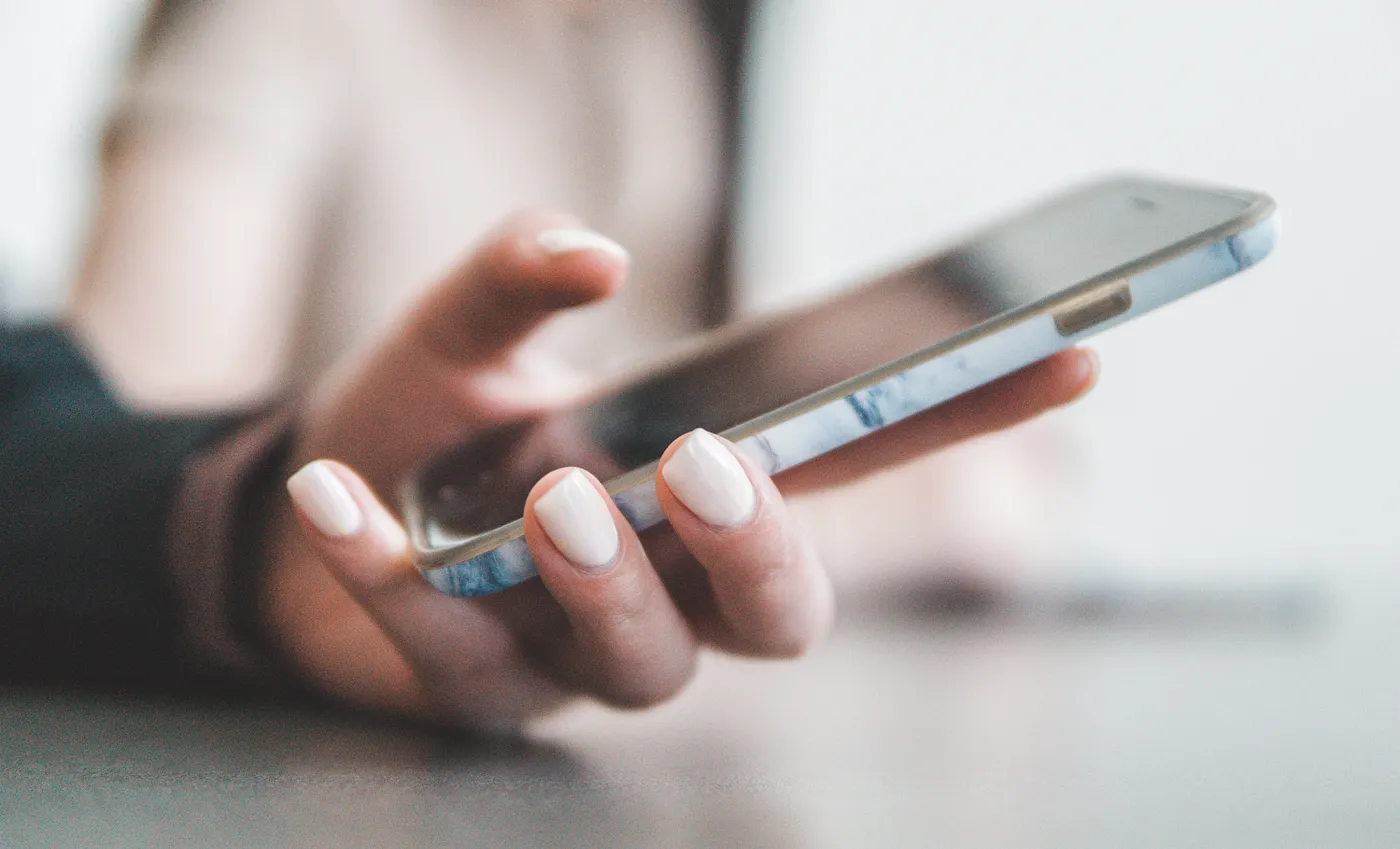
- If you are sending information via text that is private or sensitive, use an encrypted messaging service like WhatsApp. Text messages are easy to hack, especially compare to WhatsApp. Double encryption is always preferable!
- Public Wi-Fi is dangerous. Never do banking of type in sensitive info while using it. 'Nuff said.
- Never browse photos or videos that you would want a stranger to be able to access and never do banking using public Wi-Fi.
When it comes to Apps there are some things to be aware of:
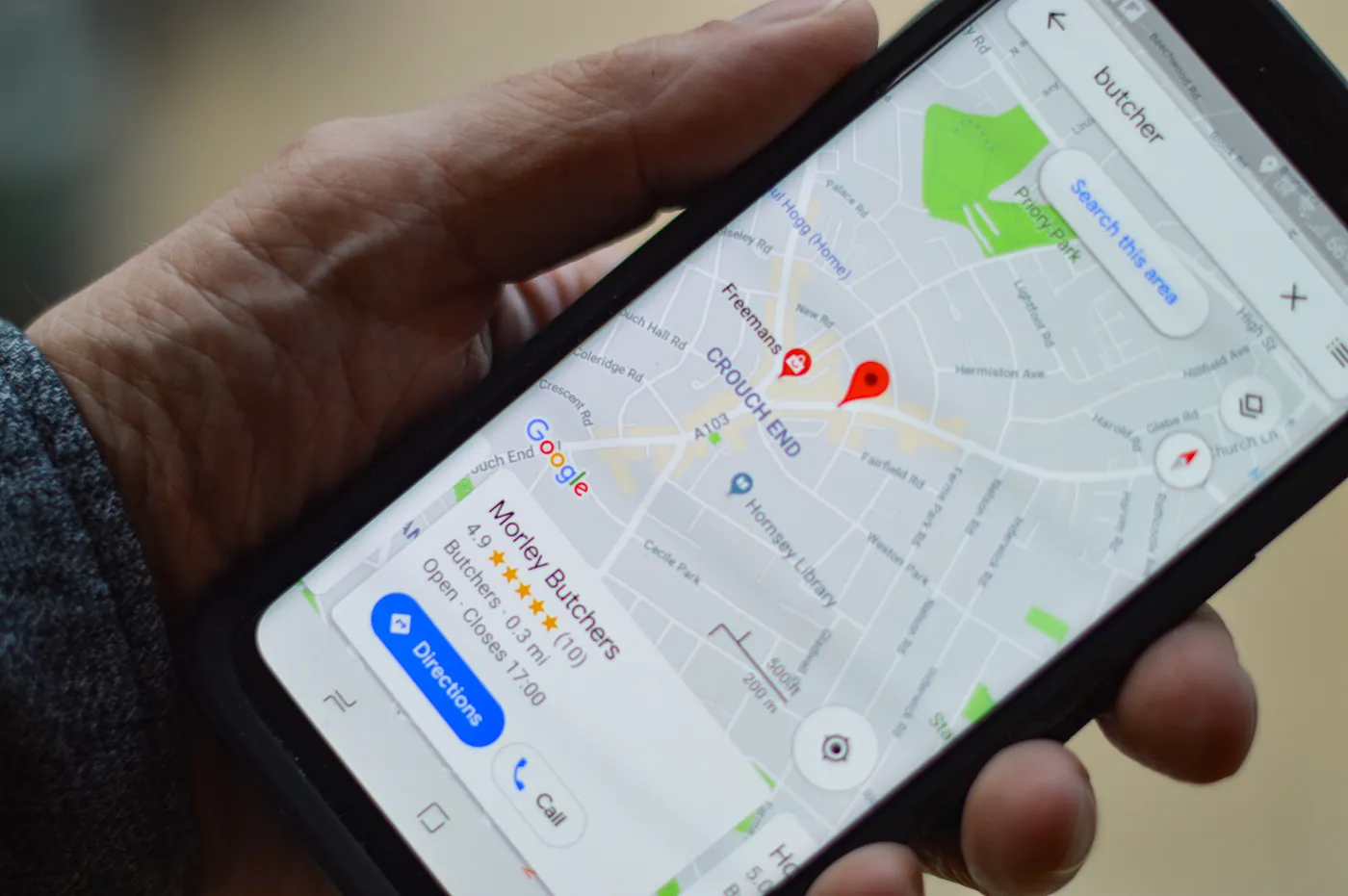
- Locations: When you download apps, only share your location "when using the app," that way it isn't tracking you when you don't need it to. Many of these companies share your information and the data they gather on you with 3rd party companies and you will never know. So unless it is a discount app that notifies you of sales depending on your location, or an app of that sort of performance, don't "always share location."
- Don't allow the app to access your camera and photos unless you will be using it for that purpose. Only ever share what you have to, and nothing more.
- Don't open in-app messages that appear spammy from the preview or sender, and never click an in-app message link from someone you don't know and trust. Even then, it's best to message them back before clicking the link to simple double check with them to make sure they purposefully sent you that message.
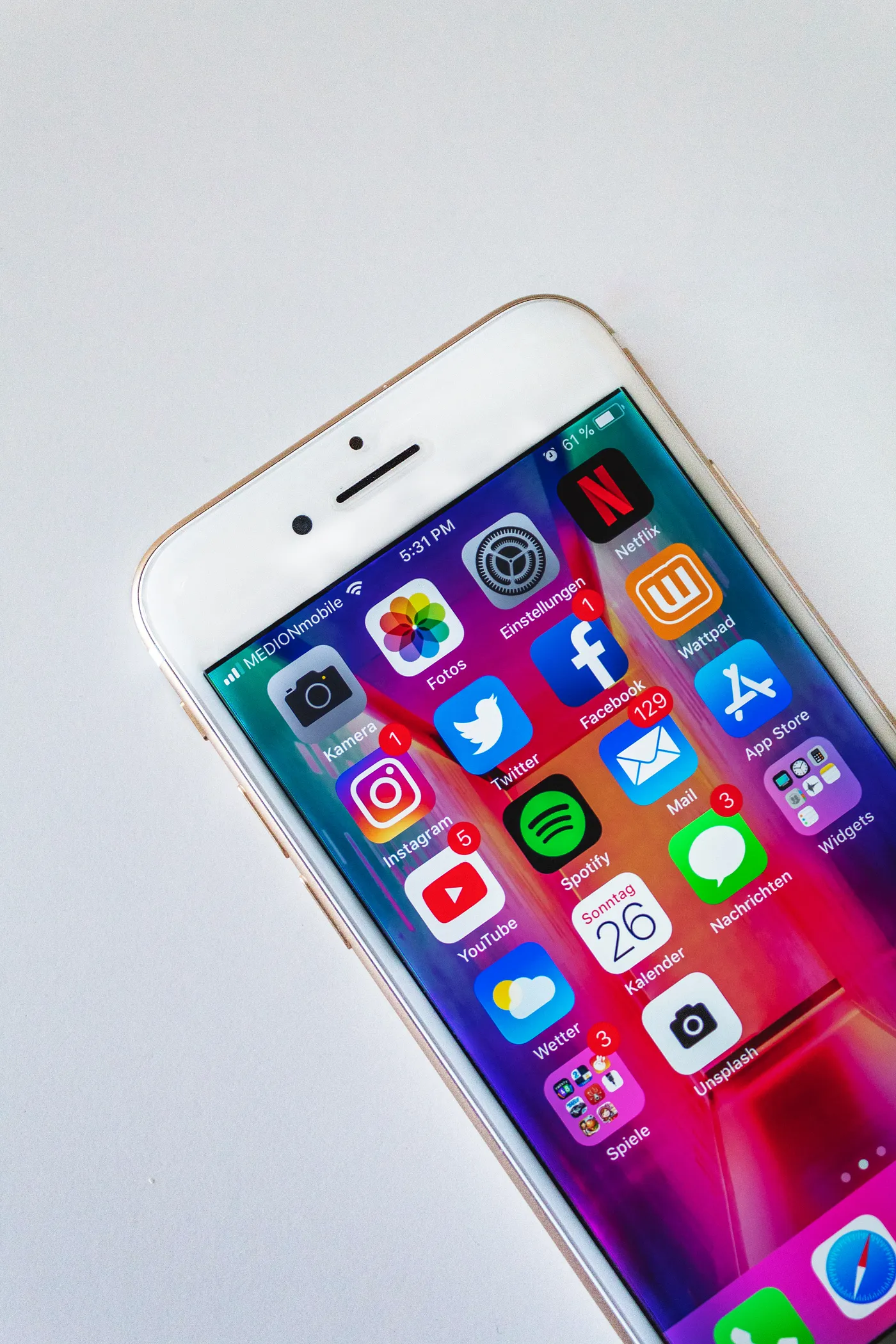
- Update your apps. This helps prevent someone hacking your phone, personal info, and also makes the app perform much better!
- Use two-factor authentication. It doubles the difficulty for hackers. They would rather choose an easier target that you in that case.
- Plug-ins to stop ad-tracking are available for you to download in app stores. It doesn't take much time to download these apps and implement them within a few minutes. It's worth your time and effort. Trust me.
It always seems to be the little things in life that save or derail a moment. Life is too busy to worry about things that you can easily avoid. I hope that these tips and insights will help keep you out of sight from hackers and predatory app practices. Please share this article with someone who "doesn't know much about that stuff" when it comes to phone privacy and app practices. Because as wonderful as technology can be, so can it be dangerous and life altering.
Have you been a victim of financial crime that the police are not pursuing? Do you need after getting hacked— or restoring your credit?










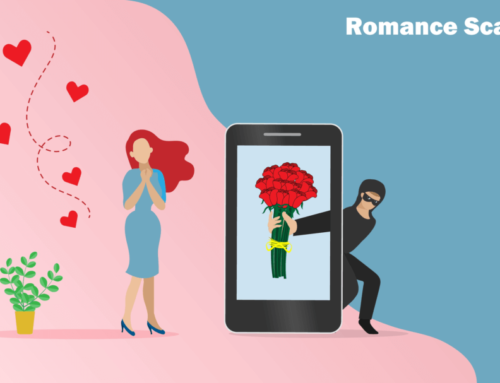
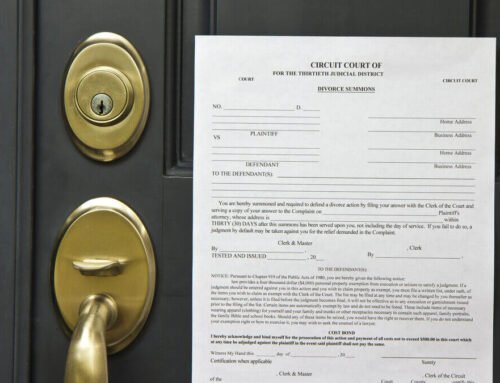
Locating and Serving a Person Hard to Find for Legal Action says: